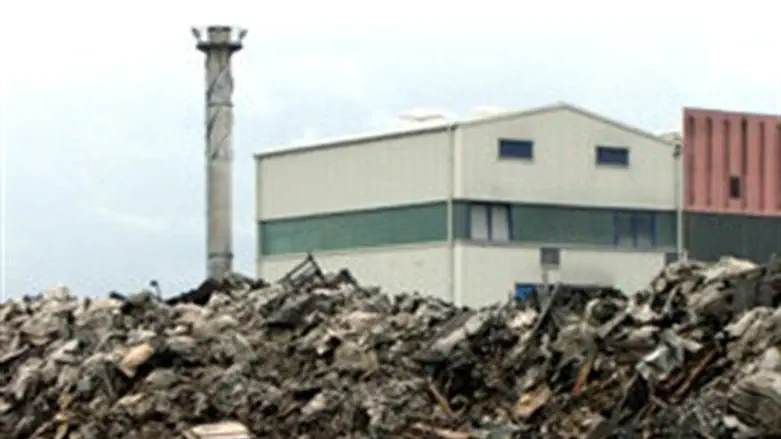
Israel, once known for making the desert green, now is making the whole world “green,” not through irrigation but through ecology.
The latest contribution comes from a Hebrew University doctoral student, Shaul Lapidot, who along with colleagues, has developed a procedure to convert paper mill waste into usable and ecologically friendly industrial foams.
Foams are used for numerous day-to-day uses, including the manufacture of furniture and car interiors, and they also are used as core material in “sandwich” panels to achieve high strength, weight reduction, energy dissipation and insulation.
Conventional foams are produced from polymers that rely on fossil oil and present a clear environmental disadvantage.
Lapidot and his colleagues have formulated a procedure for production of nano-crystalline cellulose (NCC) from paper mill waste. NCC is further processed into composite foams for applications in the composite materials industry as bio-based replacement for synthetic foams.
The process of paper production involves loss of all fibers with dimensions lower than the forming fabric mesh, meaning that approximately 50 percent of the total fibers initially produced are washed away as sludge.
Lapidot has found that fibers from paper mill sludge are a perfect source for NCC production due to their small dimensions, which require relatively low energy and chemical input in order to process them into NCC.
NCC foams that Lapidot and his colleagues have recently developed are highly porous and lightweight. Additional strengthening of the foams was enabled by infiltration of a resin produced from raw crop waste, such as that remaining from sugar cane processing, as well as oat hulls, corn cobs and rice hulls.
The new NCC reinforced foams display technical performance which matches current high-end synthetic foams. The technology was recently licensed from Yissum, the technology transfer company of the Hebrew University, by Melodea Ltd., an Israeli-Swedish start-up company that aims to develop it for industrial scale production.
Lapidot’s development has led to his being awarded one of the Barenholz Prizes that were presented on June 21 at the Hebrew University Board of Governors meeting.